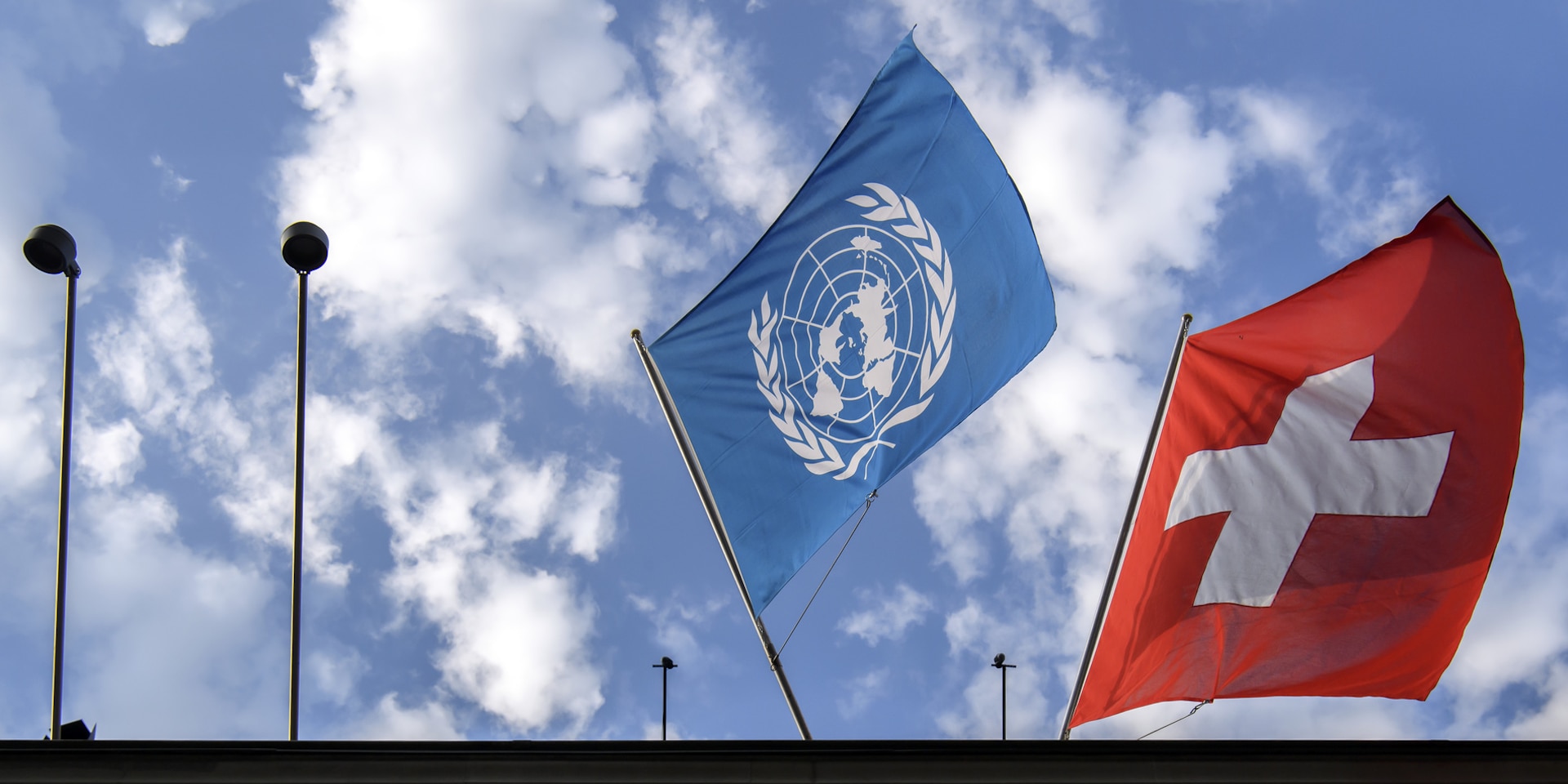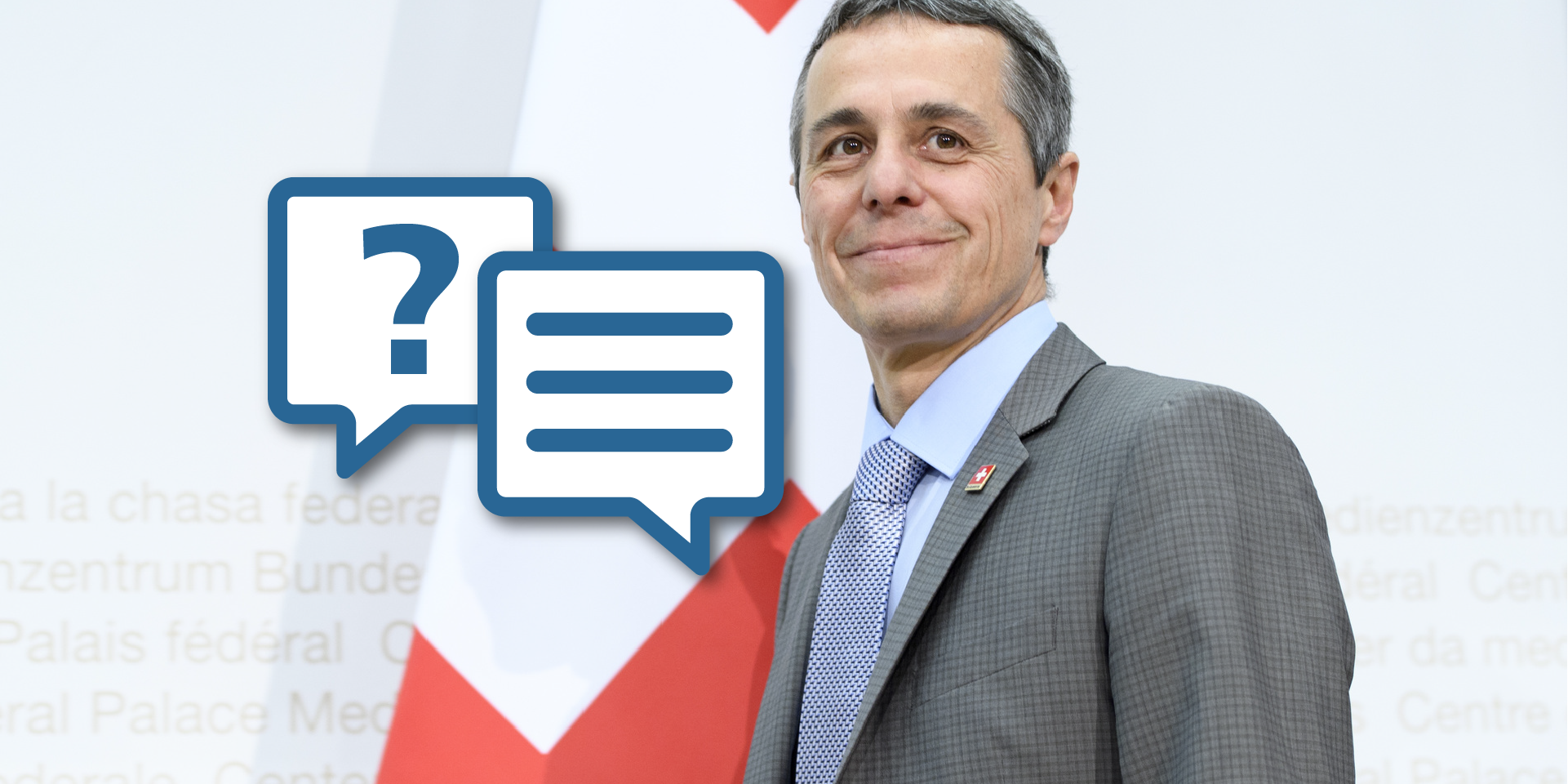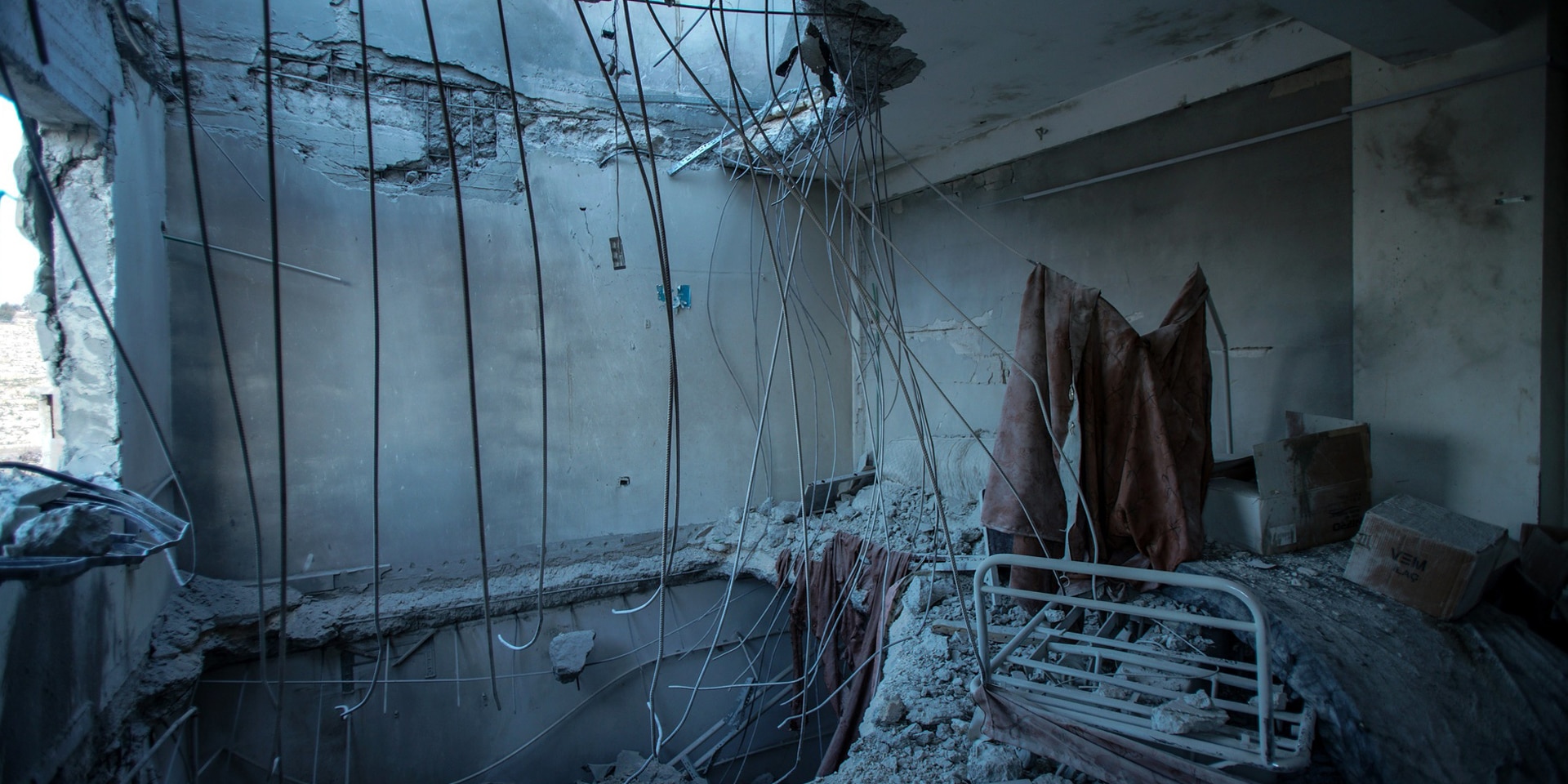"Multilateral organisations are more necessary than ever"
On 3 March 2002, the Swiss people said yes to Switzerland's accession to the UN. On this 20th anniversary, FDFA State Secretary Livia Leu looks back on achievements and explains why Switzerland is a candidate for a non-permanent seat on the UN Security Council for the years 2023–24. In the interview, Ms Leu emphasises that being a member of the Security Council is compatible with Switzerland's neutrality. The election will take place on 9 June 2022.
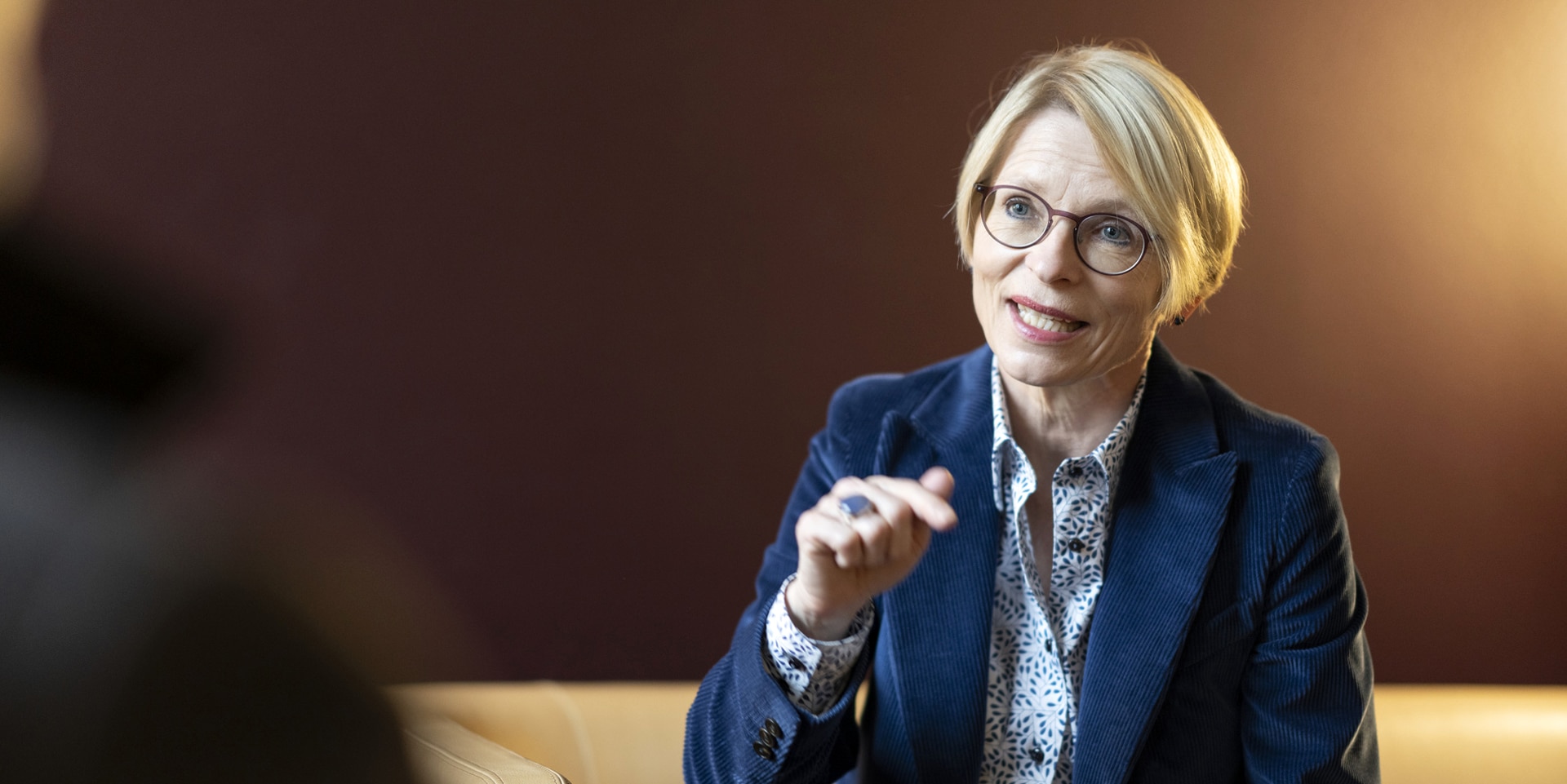
FDFA State Secretary Livia Leu © Keystone
Ms Leu, 20 years ago the Swiss people voted for Switzerland to join the UN. What has Switzerland achieved in the UN since then?
Livia Leu: "Switzerland has achieved a lot in these 20 years. For example, we strongly advocated for the creation of the UN Human Rights Council based in Geneva. It was founded in 2006 and ever since it has been meeting regularly and monitoring the observance of human rights worldwide.
Another example is the 2030 Agenda, which the UN member states adopted in September 2015. Switzerland played a key role in the development and negotiation process. The agenda is applicable in all states and serves as a blueprint to tackling major challenges such as poverty, climate change and health crises that affect everyone on the planet."
Joining the UN was not without controversy, the main fear being that Switzerland would lose its neutrality.
"Indeed, but that fear didn't materialise. At the time, 54.6% voted yes, and since then the approval rate has increased significantly. Hardly anyone questions our accession today. According to the annual ETH study, around two thirds of Swiss people explicitly support Switzerland's active involvement at the forefront of the UN.
In 2015, the Federal Council set out in a report that Switzerland can also fully exercise its neutrality while serving on the Security Council. It is important to note that the mandate of the Security Council is precisely to maintain peace and security on behalf of the international community. We are talking about the UN's collective security system, to which Switzerland can also contribute. Moreover, neutral states regularly sit on the Security Council – Austria or Ireland, to name but two."
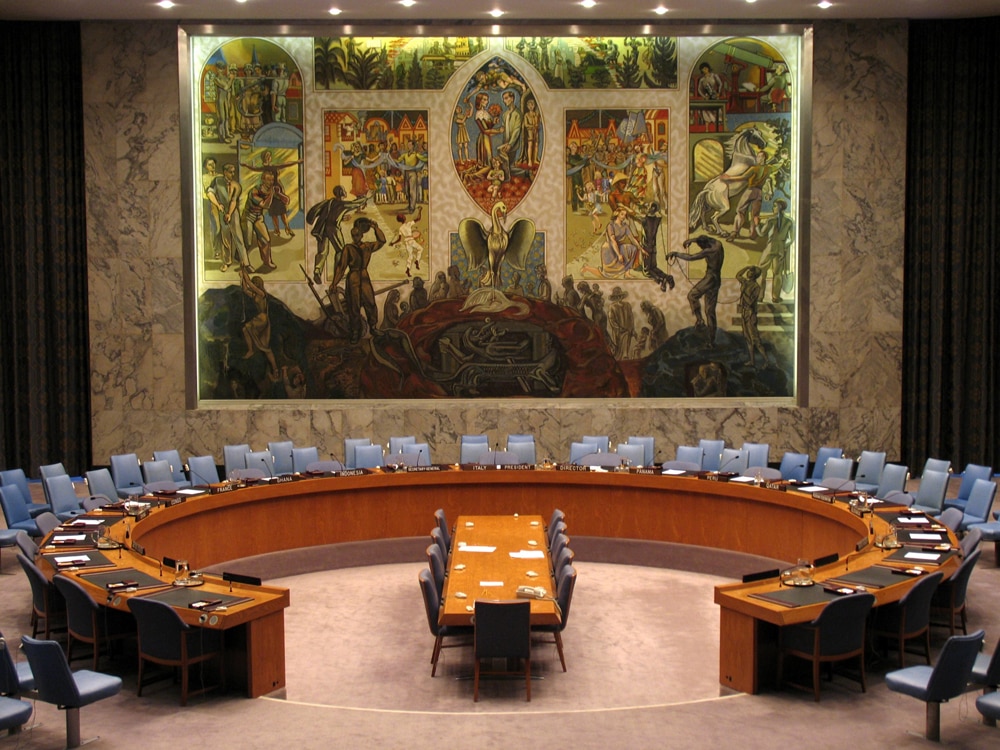
How would Switzerland position itself on the Security Council in a conflict such as the one currently going on in Ukraine?
Switzerland already takes a stand on important events in world politics – such as the current conflict in Ukraine. When the Security Council deals with a crisis, its decisions and resolutions are always focused on the goal of maintaining peace and security, which is also in Switzerland's interest. If Switzerland obtains a seat, we examine the proposals prepared in the Security Council, for example for sanctions, according to clear criteria set by the Federal Council: the specific content, and consistency with the Federal Constitution, our national law, our foreign policy strategy and international law. We will also take into account the situation on the ground and evaluate the positioning of other states. Then we define Switzerland's position. In important cases, the Federal Council will decide. In the event of new sanctions or the authorisation of military intervention, the Federal Council would also first consult with the presidents of the foreign affairs committees."
The election for the new Security Council members will take place on 9 June. What are Switzerland's chances?
"Good. Switzerland isn't part of a power bloc, it's not a military power and it's a neutral state. These are optimal conditions for the election of a non-permanent member to the UN Security Council. With its direct democracy and tradition of consensus-building, Switzerland has respect for diversity and mutual listening and mediation in conflicts in its DNA. This is also reflected in the fact that our good offices are in demand time and again."
What does Switzerland gain from its involvement in the UN and the Security Council?
"Switzerland depends on peace and security, on stable conditions throughout the world. Right now we are seeing what it means when peace is threatened. In addition to the misery of war for the people affected, security throughout Europe is affected. A large number of people are forced from their homes, but the economy is also hit, for example by higher energy prices. As an export-oriented country, our well-being and prosperity therefore depends significantly on secure international trade."
And what would Switzerland's seat on the Security Council do for the rest of the world?
"Unfortunately, conflicts worldwide have not decreased, but are on the increase. According to the UN, more states are in conflict situations today than at any time in the last 30 years. Multilateral organisations like the UN that work together for peace and security are more necessary than ever. Switzerland intends to make its contribution to peace and security within these structures. This much is certain: we can't do it alone."

